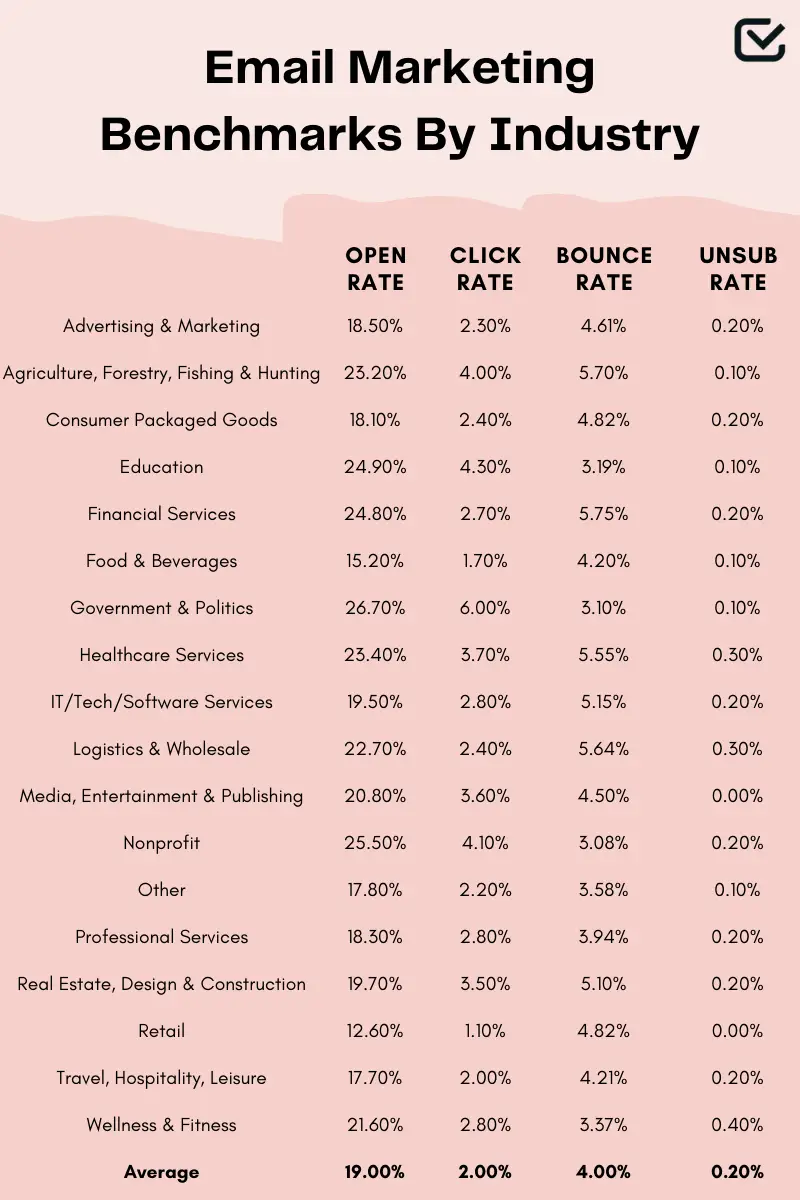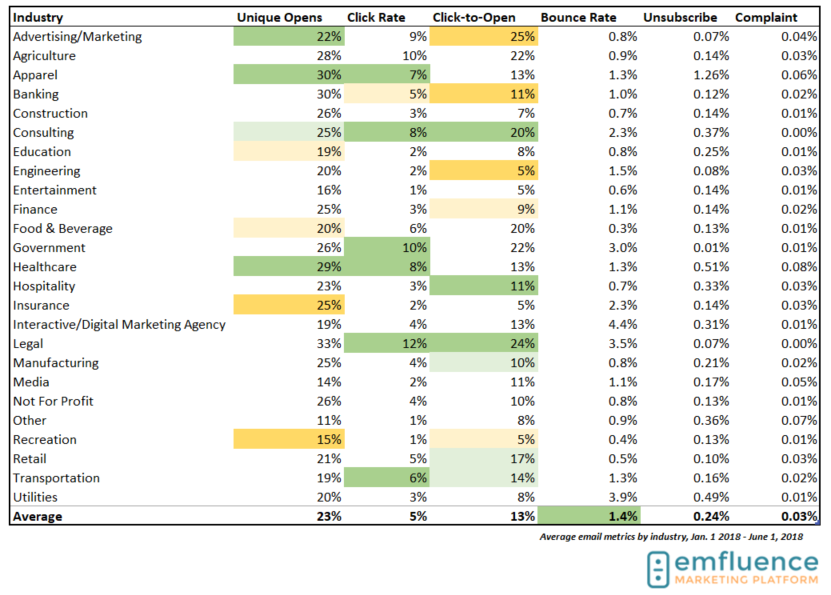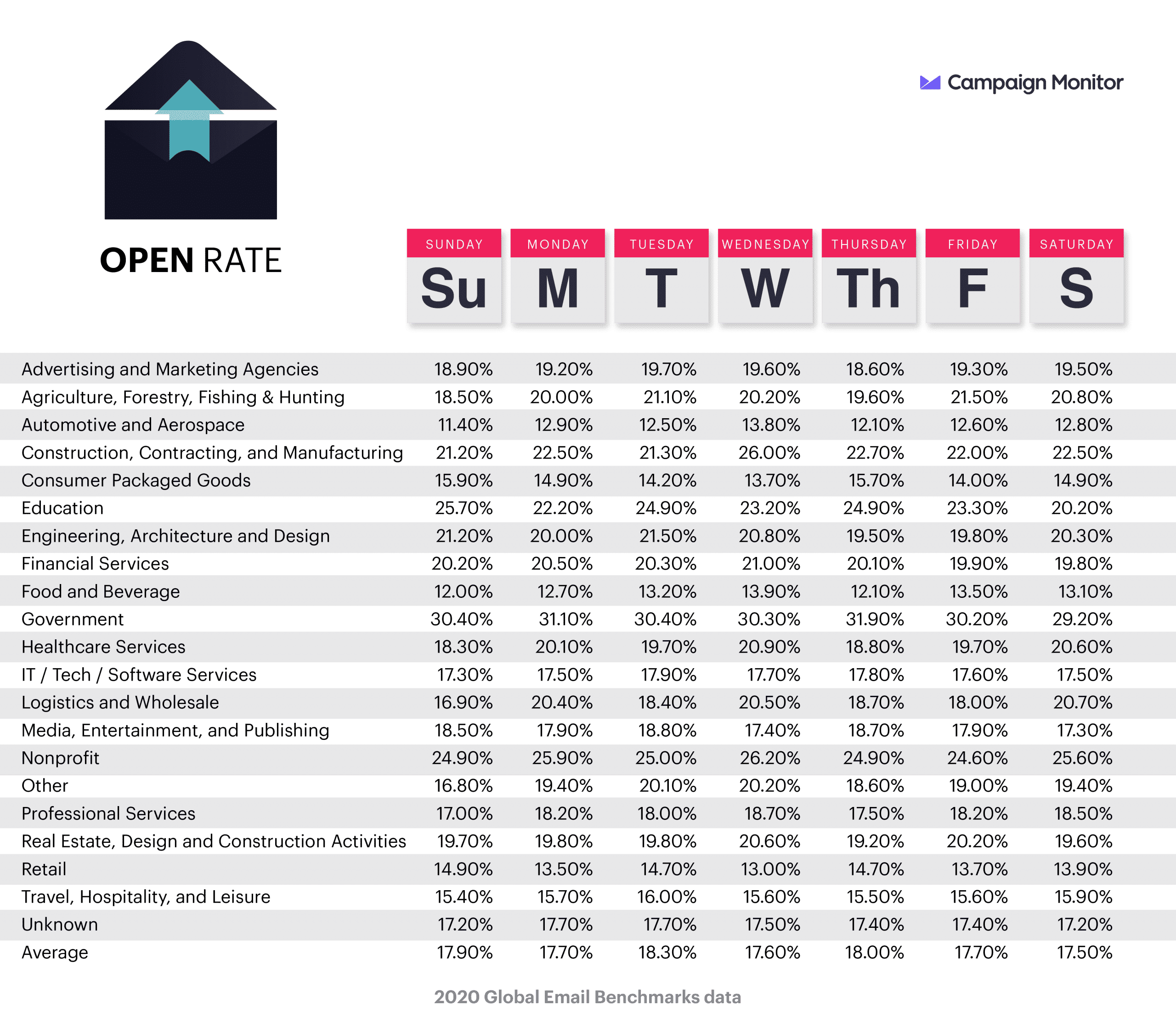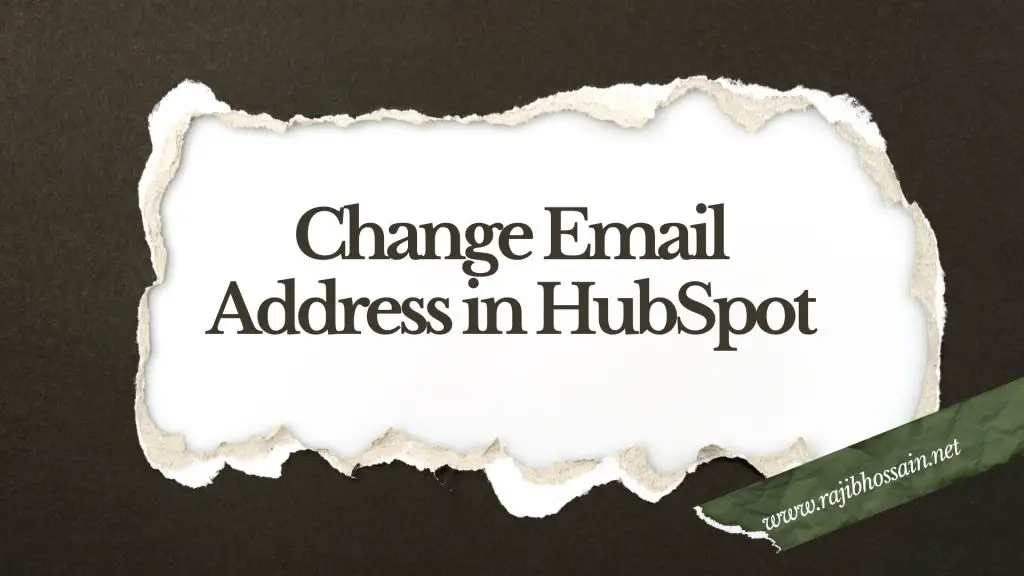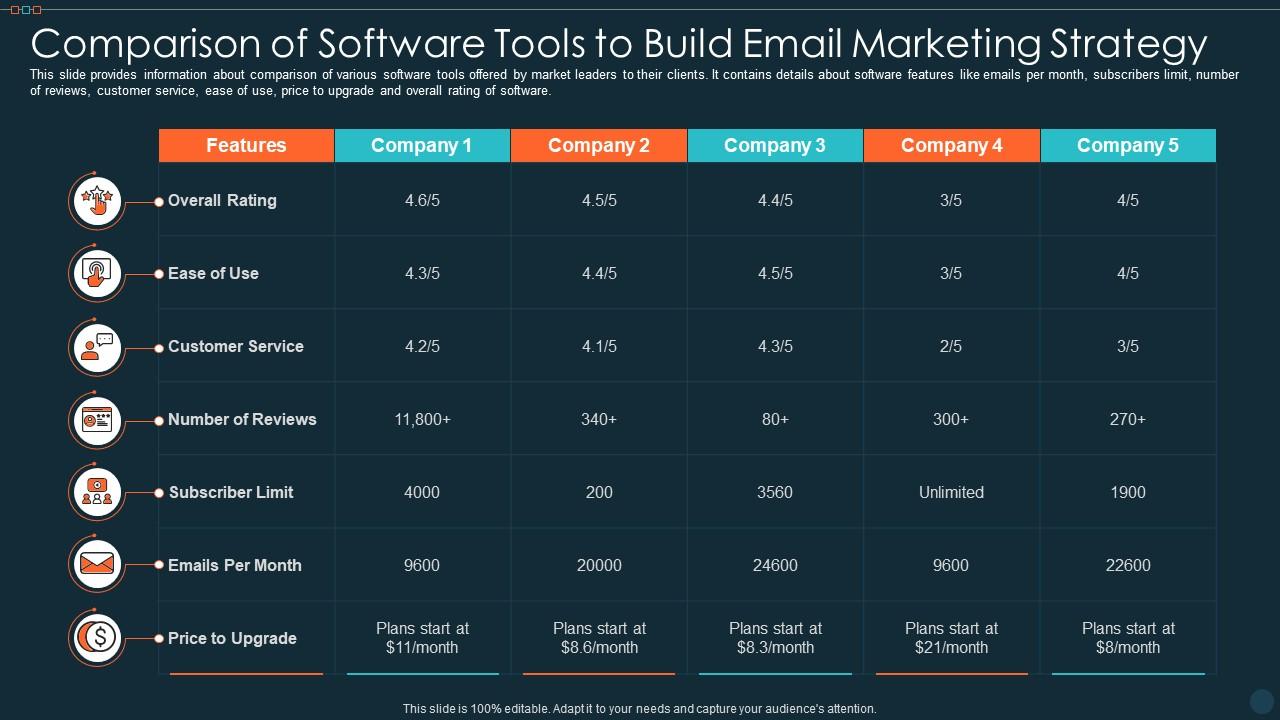
Mailchimp and Constant Contact are top email marketing services for small businesses. They offer user-friendly interfaces and robust features.
Email marketing is vital for small businesses to engage customers and boost sales. Choosing the right service can save time and resources. Mailchimp provides an intuitive platform with a variety of templates and analytics tools. Constant Contact offers excellent customer support and easy-to-use features.
Both platforms help small businesses create professional email campaigns. These services also integrate seamlessly with other marketing tools. Email marketing enhances customer relationships and drives business growth. Selecting the best service ensures effective communication with your audience. Focus on features, pricing, and ease of use when making your choice.
Introduction To Email Marketing
Email marketing is a powerful tool for small businesses. It helps reach customers directly. This guide will explore top email marketing services.
Why Email Marketing?
Email marketing has many benefits for small businesses. It is cost-effective. You can reach a large audience quickly. It provides measurable results.
- Cost-effective: Email marketing is cheaper than other forms of advertising.
- Wide reach: You can send emails to thousands of people.
- Measurable: You can track open rates and clicks.
Impact On Small Businesses
Email marketing can boost sales and customer loyalty. It helps build strong relationships. Small businesses can send updates, offers, and newsletters.
| Benefit | Details |
|---|---|
| Boost Sales | Promote products and services directly to customers. |
| Customer Loyalty | Stay connected with existing customers. |
| Strong Relationships | Build trust with regular updates and offers. |
Criteria For Choosing An Email Service
Choosing the right email marketing service for your small business is vital. The right service can save time, and money, and boost your marketing results. Here are the key criteria to consider when selecting an email marketing service.
Ease Of Use
Your email marketing service should be easy to use. A simple interface helps save time. Drag-and-drop editors make email creation quick and fun. Look for a service with a user-friendly dashboard. This helps even beginners get started without much trouble.
Cost-effectiveness
Cost is a big factor for small businesses. You need a service that fits your budget. Many services offer free plans or trials. Compare prices based on the features you need. Pay attention to hidden fees or extra costs. Choose a service that offers the best value for your money.
| Email Service | Free Plan | Monthly Cost |
|---|---|---|
| Mailchimp | Yes | $10/month |
| Constant Contact | No | $20/month |
| Sendinblue | Yes | $25/month |
Features And Integrations
Look for services with features that meet your needs. Key features include:
- Email templates
- Automation tools
- Analytics and Reporting
Check if the service integrates with your other tools. This can include:
- CRM systems
- Social media platforms
- Website builders
Customer Support
Good customer support is crucial. You need help available when you face issues. Look for services with 24/7 support. Check if they offer multiple support channels. This can include:
- Live chat
- Email support
- Phone support
Read reviews to see how other users rate their support experience.
1. Mailchimp: The All-rounder
Mailchimp stands out as one of the best email marketing services for small businesses. It offers a comprehensive suite of features. This makes it an all-rounder tool for email marketing.
User Interface And Experience
Mailchimp has a user-friendly interface that is easy to navigate. Even beginners can quickly find their way around. The dashboard is clean and organized. This helps users focus on creating effective email campaigns. No technical skills are required to get started.
Pricing And Plans
Mailchimp offers flexible pricing plans. This makes it suitable for businesses of all sizes. Below is a table summarizing the key plans:
| Plan | Monthly Cost | Features |
|---|---|---|
| Free | $0 | Basic email support, 500 emails per month |
| Essentials | $9.99 | Advanced email support, 5000 emails per month |
| Standard | $14.99 | Automation, A/B testing, 50,000 emails per month |
| Premium | $299 | Advanced segmentation, unlimited emails |
Automation And Templates
Mailchimp excels in automation. You can set up automated email sequences with ease. This saves time and boosts engagement. The platform offers a wide range of templates. These templates are customizable to match your brand.
You can create beautiful emails without any design skills. Simply drag and drop elements into place.
Analytics And Reporting
Mailchimp provides robust analytics and reporting tools. You can track open rates, click rates, and more. Detailed reports help you understand your audience better. This enables you to refine your email marketing strategy.
You can also segment your audience based on behavior. This ensures your messages reach the right people.
2. Constant Contact: Beginner-friendly
Constant Contact is the go-to email marketing service for small businesses. It is user-friendly and perfect for beginners. This service offers many features to help you succeed.
Simplified Email Design
Constant Contact offers an easy drag-and-drop editor. You do not need coding skills. Choose from many pre-built templates. Customize them to match your brand. Adding images and text is simple. This makes creating emails fast and easy.
Contact Management
Managing your contacts is a breeze with Constant Contact. Import your contacts from various sources. Segment your audience based on interests or behavior. This helps you send targeted emails. Keep your contact list organized and up-to-date.
Email Deliverability
High deliverability rates are crucial. Constant Contact ensures your emails reach inboxes. They monitor blacklists and spam complaints. Their tools help you avoid spam filters. This boosts your email open rates and engagement.
Event Marketing Capabilities
Promote events easily with Constant Contact. Create and manage event invites and RSVPs. Track attendance and send follow-up emails. This feature is great for webinars, sales, and more. It simplifies event marketing for small businesses.
- Easy drag-and-drop email editor
- Pre-built templates
- Contact import and segmentation
- High email deliverability
- Event marketing tools
Constant Contact is the perfect choice for beginners. It simplifies email marketing for small businesses.
3. Brevo (Formerly Sendinblue): Advanced Automation
Brevo offers powerful email marketing tools for small businesses. Its advanced automation features make it a top choice. Here, we’ll explore SendinBlue’s capabilities in detail.
Transactional Emails
SendinBlue provides robust transactional email services. These emails are crucial for confirmations, receipts, and notifications. You can ensure timely delivery and high engagement. The platform supports SMTP relay and API integration.
| Feature | Benefit |
|---|---|
| SMTP Relay | Reliable email delivery |
| API Integration | Seamless communication |
| Real-Time Analytics | Track performance |
Sms Marketing
SendinBlue includes SMS marketing in its suite. You can send promotional messages directly to customers’ phones. This feature ensures higher open rates. You can also automate SMS campaigns for better results.
- Higher engagement rates
- Automated SMS campaigns
- Integration with email marketing
Segmentation Tools
SendinBlue offers advanced segmentation tools. These help you target specific customer groups. You can create segments based on behavior, demographics, and more. This leads to more personalized and effective campaigns.
- Behavior-based segmentation
- Demographic-based segmentation
- Improved campaign performance
Dynamic Personalization
Dynamic personalization is a standout feature. SendinBlue allows you to tailor emails for each recipient. Use custom fields to insert names, preferences, and other details. This increases open rates and boosts engagement.
Features:
- Custom fields for personalization
- Increased open rates
- Enhanced customer engagement
SendinBlue’s advanced automation tools make email marketing easier. Small businesses can benefit greatly from its features.
4. Aweber: For Robust Email Campaigns
AWeber is a top choice for small businesses. It offers powerful email marketing tools. With AWeber, you can create effective email campaigns. Let’s explore its key features.
Autoresponders
Autoresponders are essential for any email campaign. AWeber provides advanced autoresponder features. You can send automated emails based on triggers. These triggers can be user actions or specific dates. Autoresponders help maintain engagement with your subscribers.
Subscriber Management
Effective subscriber management is crucial. AWeber excels in this area. You can segment your subscribers based on various criteria. This allows for targeted email campaigns. Segmentation improves open rates and conversions.
Third-party App Integrations
Integrations with third-party apps enhance your email marketing. AWeber supports numerous integrations. You can connect with CRM systems, social media platforms, and more. This connectivity expands your marketing capabilities.
| App Name | Category | Integration Features |
|---|---|---|
| Salesforce | CRM | Sync contacts and automate workflows |
| Social Media | Share campaigns and gather leads | |
| Shopify | eCommerce | Track purchases and send follow-up emails |
Customer Service Excellence
Customer service is vital for small businesses. AWeber provides excellent support. Their team is available 24/7. You can contact them via phone, email, or live chat. They also offer a comprehensive knowledge base.
- 24/7 support via phone, email, and live chat
- Comprehensive knowledge base and tutorials
- Responsive and knowledgeable support staff
5. Getresponse: For Conversion-focused Campaigns
GetResponse stands out in email marketing with tools for higher conversions. It’s perfect for small businesses wanting to boost sales and engagement. This platform combines email marketing with automation, making it powerful and user-friendly.
Conversion Funnels
GetResponse offers pre-built conversion funnels to guide customers. These funnels are easy to set up and customize. They help in turning visitors into paying customers. You can track each step and optimize your process.
Webinar Integration
Webinars are great for engaging audiences. GetResponse has built-in webinar features. You can host live or on-demand webinars. This helps in generating leads and educating your audience. No need for third-party tools.
Landing Pages
Creating landing pages is simple with GetResponse. It offers templates that are easy to edit. You can drag and drop elements to suit your needs. These pages are designed to convert visitors into leads or sales.
E-commerce Tools
GetResponse includes tools for e-commerce businesses. You can create product pages and automate cart recovery emails. It integrates with popular e-commerce platforms. This makes it easier to manage your online store.
| Feature | Description |
|---|---|
| Conversion Funnels | Guides customers from visit to purchase. |
| Webinar Integration | Host live or on-demand webinars. |
| Landing Pages | Easy-to-edit templates for higher conversions. |
| E-commerce Tools | Integrates with online stores for smooth management. |
- Pre-built conversion funnels
- Built-in webinar features
- Customizable landing page templates
- E-commerce platform integration
GetResponse is a powerful tool for small businesses. It combines email marketing with various features. This makes it a comprehensive solution for conversion-focused campaigns.
6. Activecampaign: CRM Meets Email Marketing
Email marketing is essential for small businesses. ActiveCampaign is a top choice. It combines CRM and email marketing. This helps businesses grow and manage customers. Let’s explore its features.
Customer Relationship Management
ActiveCampaign offers a powerful CRM system. It helps track customer interactions. You can manage leads and sales in one place. This makes it easy to stay organized. The CRM also integrates with other tools. This saves time and boosts productivity.
Site Tracking
Site tracking is a key feature. It monitors visitor behavior on your website. You can see which pages they visit. This helps you understand their interests. Use this data to create targeted email campaigns. This improves engagement and conversion rates.
Predictive Sending
Predictive sending is a smart tool. It uses data to find the best send time. Your emails reach customers when they’re most active. This increases open rates and engagement. You can set it up easily in the settings.
Machine Learning Capabilities
ActiveCampaign uses machine learning. This makes your campaigns smarter over time. It analyzes past data to improve future emails. This helps you achieve better results. You don’t need to be a tech expert to use it.
Comparing The Top Picks
Choosing the best email marketing service is hard. Small businesses need a good mix of price, features, and ease of use. Let’s compare top picks based on key factors.
Price Comparison
Price is crucial for small businesses. You need a service that fits your budget. Here is a table to compare the prices:
| Service | Free Plan | Basic Plan | Premium Plan |
|---|---|---|---|
| Mailchimp | Yes | $10/month | $30/month |
| Constant Contact | No | $20/month | $45/month |
| Sendinblue | Yes | $25/month | $65/month |
Feature Set Battle
Features make or break an email marketing service. Here is a list of key features offered:
- Mailchimp: Easy templates, analytics, A/B testing, automation.
- Constant Contact: Drag and drop editor, event marketing, social media tools.
- Sendinblue: SMS marketing, advanced segmentation, transactional emails.
Ease Of Migration
Moving to a new service should be smooth. Let’s check the migration ease:
- Mailchimp: Simple import tools, and guides available.
- Constant Contact: Step-by-step migration help, and customer support.
- Sendinblue: API access, detailed documentation, support.
User Reviews And Testimonials
User reviews are valuable. They offer real insights. Here are some highlights:
- Mailchimp: Users love the interface and templates. Some find it pricey.
- Constant Contact: Users enjoy the support and features. Some think it’s complex.
- Sendinblue: Users praise the SMS feature. Some report slow support.
Making Your Decision
Choosing the best email marketing service for your small business is crucial. The right service helps you grow and engage with your audience effectively. This section will guide you through key considerations to make an informed decision.
Assessing Your Business Needs
First, identify your business’s specific needs. Ask yourself:
- What is my budget for email marketing?
- How many emails do I plan to send monthly?
- Do I need advanced analytics and reporting?
- Will I require customer support or training?
Understanding your needs helps narrow down your options. Compare features and prices of different services. Look for those that match your budget and goals.
Trial Periods And Demos
Many email marketing services offer free trials or demos. Use these to test the features and user experience. A trial period allows you to:
- Evaluate the ease of use
- Check the effectiveness of email templates
- Explore the reporting and analytics tools
- Assess customer support responsiveness
Testing the service helps ensure it meets your needs before committing.
Long-term Scalability
Consider the future growth of your business. Choose a service that can scale with you. Ask these questions:
- Does the service offer flexible pricing plans?
- Can it handle an increase in email volume?
- Are there advanced features available as my business grows?
Opt for a service that supports your long-term goals. This ensures you won’t need to switch providers later.
Choosing an email marketing service is a big decision. Take your time to assess your needs and test the options. Consider scalability to support future growth. The right service will help you build strong relationships with your audience.
Frequently Asked Questions
What’s The Best Email Platform For A Small Business?
The best email platform for a small business is Gmail. It offers reliability, ease of use, and integration with Google Workspace.
Which Company Provides The Best Email Marketing Services?
Mailchimp is often considered the best email marketing service provider due to its user-friendly interface and robust features.
Which Is Best For Email Marketing?
Mailchimp is best for email marketing due to its user-friendly interface, automation features, and detailed analytics.
How Much Does Email Marketing Cost For Small Business?
Email marketing for small businesses typically costs between $10 to $50 per month. Prices vary based on features and subscriber count.
Conclusion
Selecting the right email marketing service can boost your small business growth. Choose one that fits your needs and budget. Remember, effective email campaigns engage customers and drive sales. Invest in a service that offers user-friendly features and reliable support.
Start enhancing your email marketing strategy today.



